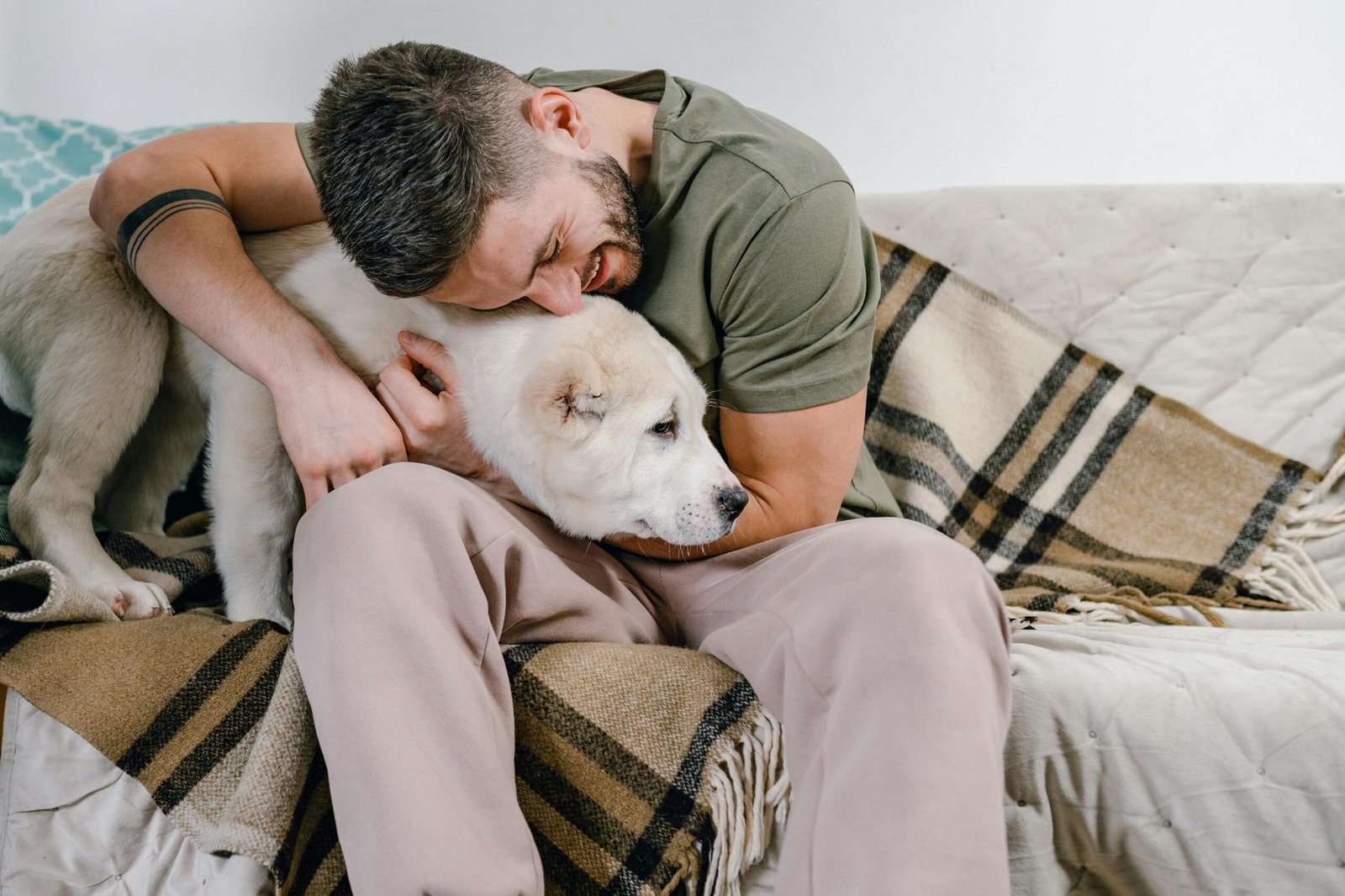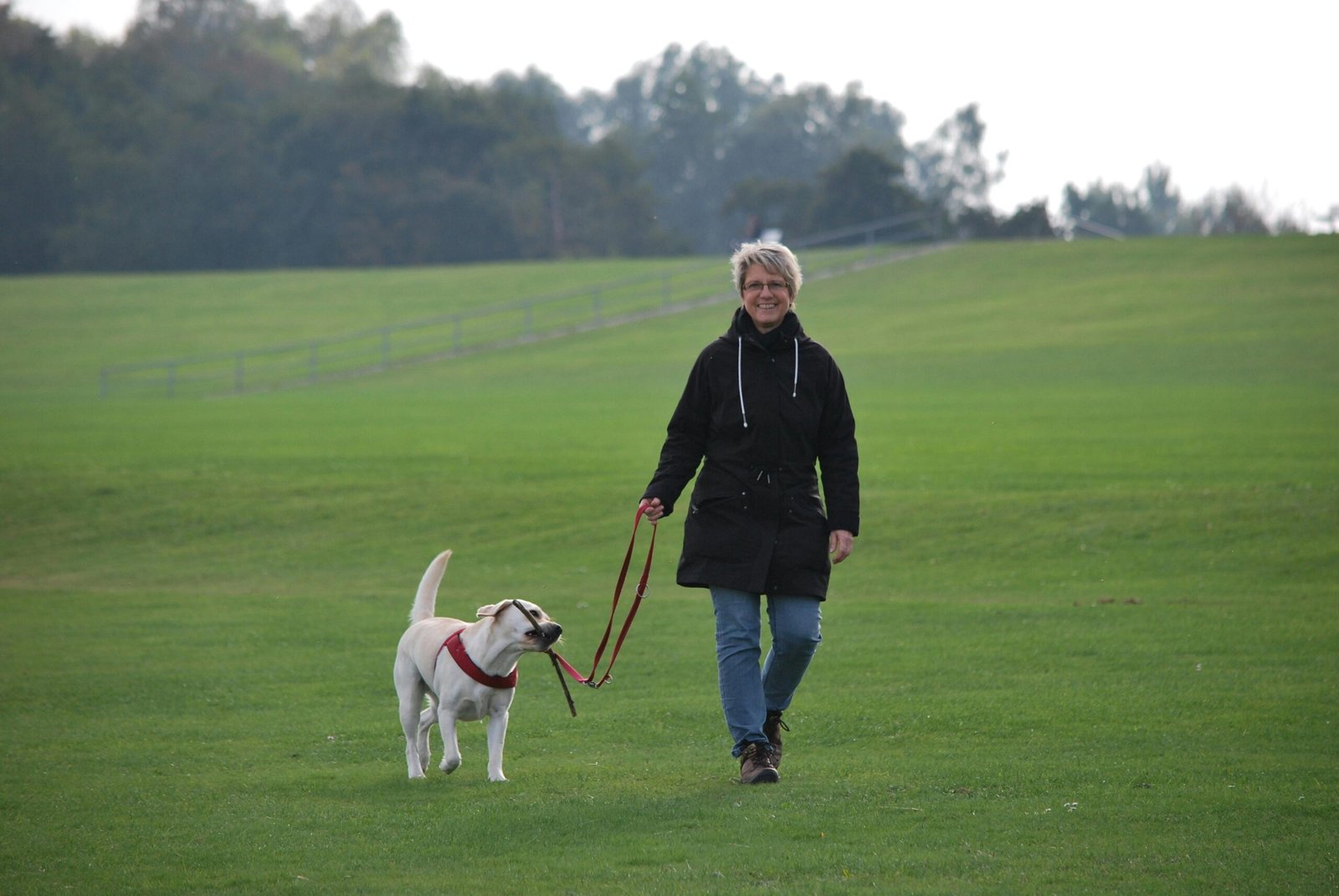Ever noticed your dog hovering a little closer when you’re under the weather? Maybe they curl up beside you when you’ve got a cold or nudge you gently when you’re feeling low. These aren’t coincidences—dogs have a remarkable ability to detect subtle changes in our bodies and emotions.
But do they really know when we’re sick? And if so, how? Let’s explore the fascinating science behind canine empathy and the ways our furry companions sense and respond to our health.
1. Dogs Can Smell Illness
Dogs have an incredibly sensitive sense of smell—up to 100,000 times stronger than ours. They can detect tiny changes in human body chemistry that occur when we’re sick, injured, or even emotionally distressed.
Scientific support: Studies have shown that dogs can sniff out cancer, infections, and changes in blood sugar levels. It’s believed they can also detect fevers, inflammation, and hormonal changes through scent.
2. They Sense Subtle Behavior Changes
You may not realize it, but your movements, posture, and energy shift when you’re sick. Dogs are highly attuned to these changes, especially in their closest humans. If you’re walking slower, speaking less, or resting more, your dog will notice—and respond.
What they do: They may stay near you, become quieter themselves, or even bring you toys as a form of comfort or “nursing.”
3. Dogs Pick Up on Emotional Shifts
Dogs are emotional mirrors. They can read our facial expressions, tone of voice, and body language with astonishing accuracy. If you’re feeling anxious, sad, or in pain, your dog may try to soothe you by lying close, licking your hand, or simply offering silent companionship.
Research says: Dogs produce oxytocin—the same “bonding hormone” as humans—when interacting with us, especially during emotional moments.
4. They Learn and Respond with Empathy
Beyond instinct, dogs can learn over time how to react when you’re not feeling well. If lying next to you earns a calm cuddle or praise, they’re more likely to do it again. This learned empathy deepens the bond between you.
Real stories: Many pet owners report dogs alerting them to medical emergencies before any outward signs were visible—like seizures, heart issues, or even panic attacks.
Do They Understand Sickness Like Humans Do?
Not exactly. Dogs likely don’t “understand” sickness in a human way, but they sense when something is different and adjust their behavior out of instinct, emotional intelligence, and love.
In short: They may not know the cause—but they know something’s off, and they want to help.
Final Thoughts
Whether it’s curling up at your feet during a fever or quietly following you around on a bad day, your dog’s empathy is real—and powerful. Their ability to tune in to our well-being is one of the most beautiful aspects of the human-dog relationship.
So next time your pup stays a little closer when you’re not feeling like yourself, know this: they care, they notice, and in their own way, they’re saying, “I’m here for you.”



